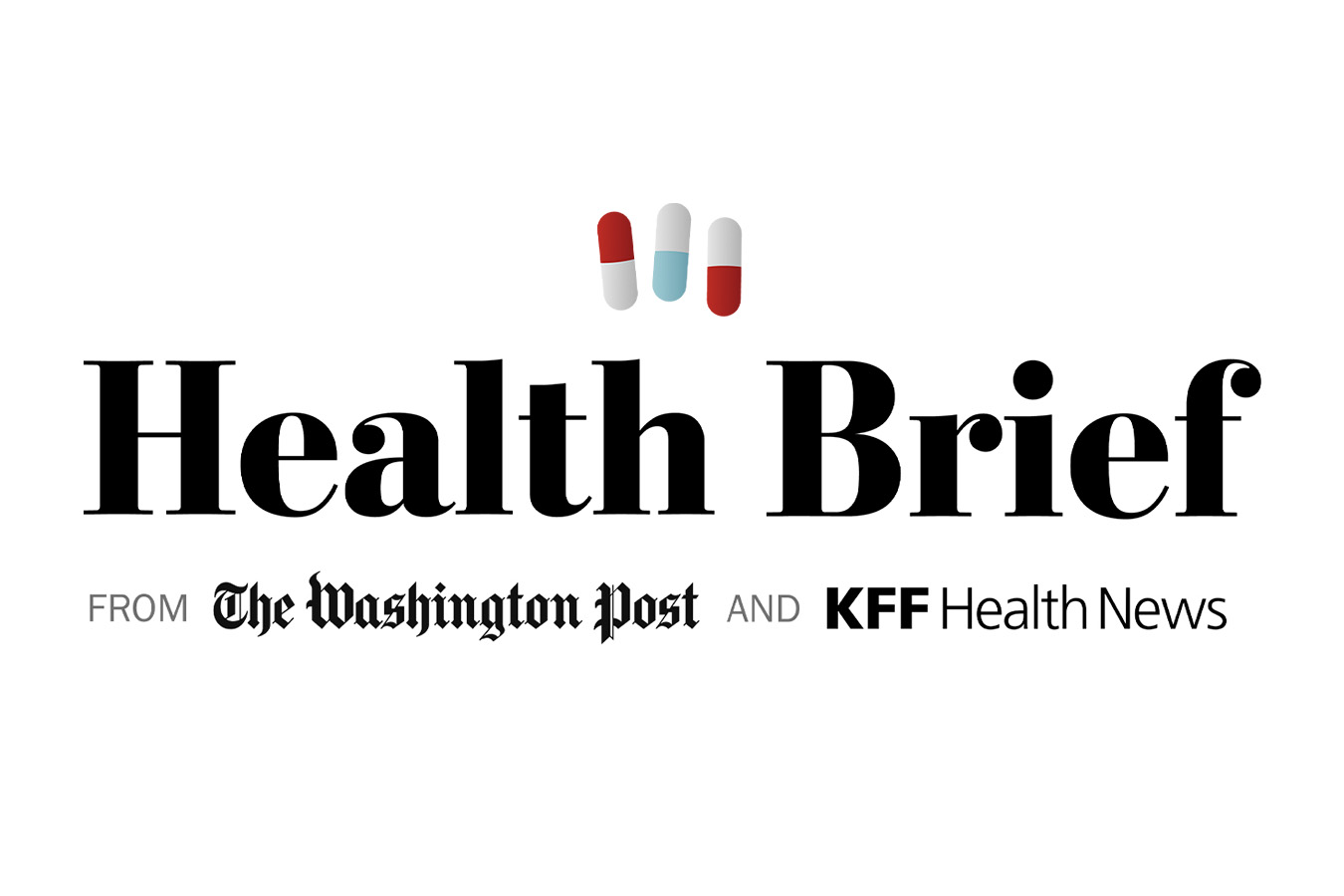The current Affordable Care Act open enrollment season is the first big test of new federal guardrails against fraud.
The rules aim to head off unauthorized ACA plan enrollments or switches by rogue agents and entities looking to make money via enrollment commissions. Such sign-ups triggered more than 274,000 consumer complaints through August this year.
But some health insurance experts fear the new rules could slow consumer sign-ups and reduce the number who sign up for 2025 coverage. In most states, ACA open enrollment started Nov. 1 and extends through Jan. 15.
Regulators “really have this tightrope to walk,” said Sabrina Corlette, a co-director of the Center on Health Insurance Reforms at Georgetown University.
The Centers for Medicare and Medicaid Services, for example, now requires that certain policy adjustments — those in which the agent is not “affiliated” with the existing plan — have more restrictions, such as mandating a three-way call between the agent or broker, the consumer and healthcare.gov.
In August, CMS also barred two of about a dozen private sector online enrollment platforms from connecting with healthcare.gov. And it suspended 850 agents suspected of possibly being involved in these activities, although some were reinstated.
Federal regulators said in mid-October that casework associated with consumer complaints had fallen by almost a third in recent weeks.
Still, CMS’s actions inadvertently could slow the enrollment process.
Given that phone lines for healthcare.gov already get busy — especially in mid-December — Ronnell Nolan, president and CEO of Health Agents for America, a professional organization for brokers, said consumers should “hit the ground running.”
Meanwhile, reports are emerging that fraudsters are already figuring out workarounds for CMS’s antifraud protections, Nolan said.
For its part, CMS said it has “ramped up support operations” at its healthcare.gov marketplace call centers, which are open 24/7, in anticipation of increased demand for three-way calls, said Jeff Wu, deputy director for policy of the CMS Center for Consumer Information and Insurance Oversight. CMS officials expect “minimal wait times,” Wu added.
The problem of unauthorized switches is not new but took off during last year’s open enrollment.
Brokers generally blamed much of the problem on the ease with which agents could access ACA information in the federal marketplace. Though federal regulators have worked to tighten that access, they stopped short of instituting what Nolan and some other agents say is needed: two-factor authentication.
For consumers, unauthorized switches can cause a host of problems, from higher deductibles to new networks that do not include their physicians or hospitals, or even tax bills if those unauthorized policies came with premium credits for which they did not qualify.
But they also posed a political liability for the Biden administration, a blemish amid two years of record ACA enrollment. Democrats want more oversight and punishment of rogue agents, while Republicans say fraud was fueled by Biden administration moves that allowed for more generous premium subsidies and special enrollment periods. The fate of those enhanced subsidies, which are set to expire at the end of 2025, will be decided by Congress next year.
This article is not available for syndication due to republishing restrictions. If you have questions about the availability of this or other content for republication, please contact NewsWeb@kff.org.


